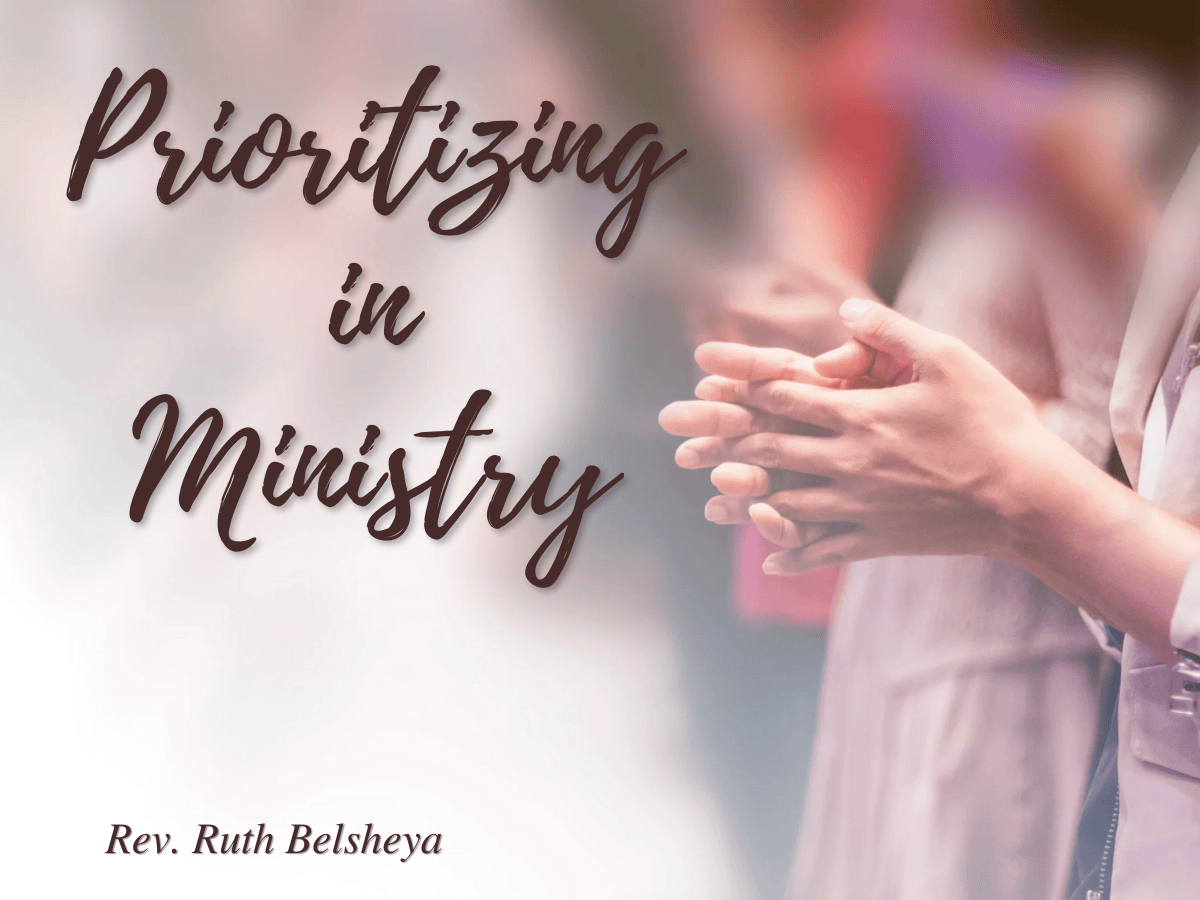
“A certain man was preparing a great banquet and invited many guests. At the time of the banquet he sent his servant to tell those who had been invited, ‘Come, for everything is now ready.’
“But they all alike began to make excuses. The first said, ‘I have just bought a field, and I must go and see it. Please excuse me.’ “Another said, ‘I have just bought five yoke of oxen, and I’m on my way to try them out. Please excuse me.’ “Still another said, ‘I just got married, so I can’t come.’ “The servant came back and reported this to his master.
Then the owner of the house became angry and ordered his servant, ‘Go out quickly into the streets and alleys of the town and bring in the poor, the crippled, the blind and the lame.’ “‘Sir,’ the servant said, ‘what you ordered has been done, but there is still room.’ “Then the master told his servant, ‘Go out to the roads and country lanes and make them come in, so that my house will be full. I tell you, not one of those men who were invited will get a taste of my banquet.'” (Luke 14:16-24 NIV).
The teachings of Jesus in this parable highlights three important aspects such as – Refused, Reversed and Recovered Refused: When we look from the host’s perspective, the guests whom he considered as privileged refused him. The meaning of the Greek word ‘dipnon’ could be either main meal of the day (towards evening) or a banquet. And this was a very unseasonable time to go and see a piece of new ground or to try a yoke of oxen. No one would buy a field without careful prior inspection. And if by any chance a man did this, there was no cause for hurry. The field would be there tomorrow also.
It is plain that the man did not want to come. The second man’s excuse of going to examine (dokimasai), should be probably understood as ‘to test them’ or ‘to prove them’. No one would buy oxen without satisfying himself. And if he did, there was no hurry for testing. The third man’s excuse certainly seems genuine. He could back it up with an appeal to scripture, for the Old Testament envisages that a man will be at home during the first year of married life, (Deut. 24:5). But this is a regulation aimed at freeing him from military service, not isolating him from social contacts. It is very clear that the excuses were not true, this refusal made the host to think about his guests as well as about him.
The refused host with a conversion in his heart now entered into the next phase of reversal. Reversed: We can generally say that because the invited guests did not turn up and that’s why the host turned to the side of the poor, crippled, blind and the lame. But when we look deeply we can see the real change in the mind of the host, and this led to the reversal in his actions. Vs:21 says the host became “angry”, for me his anger must be against the social conditions for having the meal.
During the ancient times issues like “who eats with whom? Who sits where? etc were the important things to observe. The host angry at all these rules and regulations was ready to break them by calling the poor, crippled, blind and lame and this is the true reversal. The rejected ones are not only the people who are financially poor; they are also those who are excluded from participating in the mainstream (Lev. 21:18) and thus treated as the social outcasts.
In anger, the host could have bunged the dinner, but he did not do so because he must have got some changes in his heart. He must have realized that his friends are unworthy to take part in his dinner and he identified the real needy people. The transformed host now left all his pride and he moved from his status to the streets. Now for him the strangers became the guests. Recovered: The reversal leads the rejected people (poor, crippled, blind and lame) who are in the streets and lanes into the dinner. The highways and the hedges were places where the homeless and poor could seek shelter.
Those invited first were the rich, who dwelt in their own houses, only the rejected and the under privileged people would be found in the streets. These people are stigmatised and rejected for their disability. How do we perceive the differently abled, are we considering them as part of the rich diversity that God has created. Coming back to the text the host now calls the rejected ones to the dinner, as a result the rejected were able to recover their original position. That is the image of God, in which all those who are abled or disabled were created.
From the parable we find the host is now ready to share the meal with the under privileged that is the differently abled, here is the beginning of the kingdom of God, where every one are equal and all the ups and downs become flat, and all are treated with dignity and honour. I am associated with a ministry where the condition of the children is very critical, they are completely bedridden; however the sisters, who are really committed, clean them, feed them and live with them. Here I find the real meaning of the gospel. That is the gospel – not to be preached but to be lived, lived in solidarity with the weak and the vulnerable. As a person and as a church what is our role towards the mission of recovery?
Author: Rev. Ruth Belsheya


